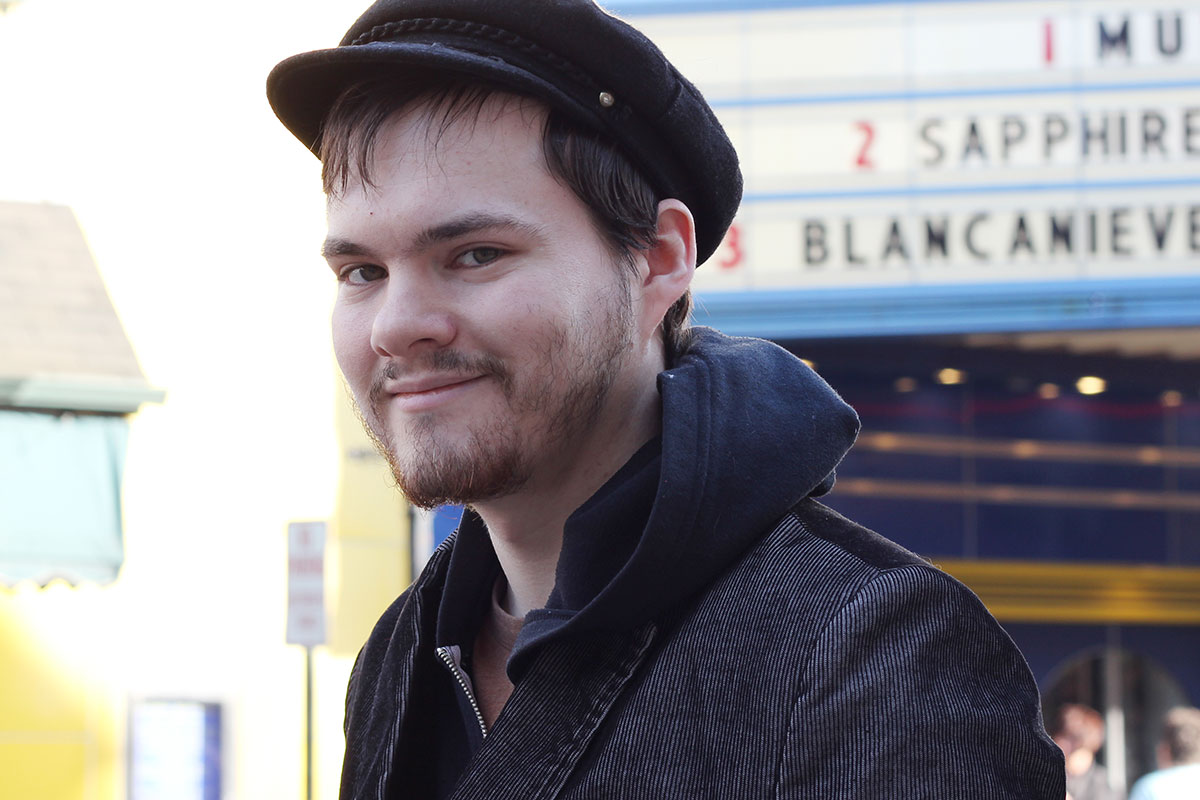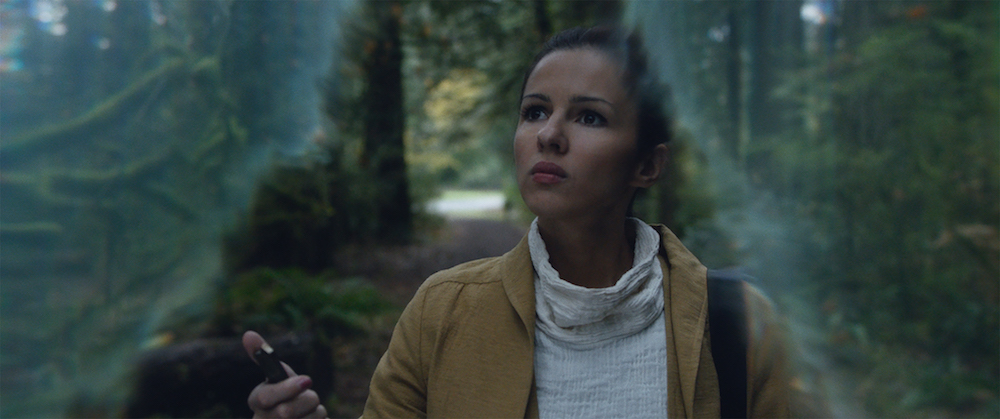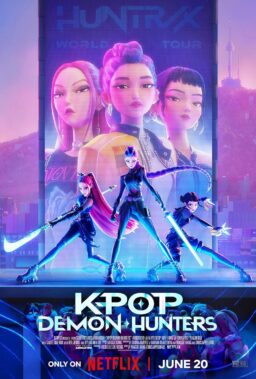It’s funny to think about the way festivals evolve, their many changing faces. I’ve never wanted to go to the Toronto International Film Festival because there are just too many movies. I’d drive myself crazy trying to see everything they’ve basically engineered it so that I can’t. You can get very close at NYFF, despite the occasionally inconvenient screening times, or the fact that the special presentations and shorts aren’t screened for the press. Which means that if you only saw the documentaries, which seem to always be about dictators and artists, you’d see the tension between the subjects as essential to the film festival’s persona. This year there are documentaries about Roger Ailes, Richard Nixon and Steve Bannon playing side by side with films about Orson Welles and Ingmar Bergman. That last film (“Searching for Ingmar Bergman”) is co-directed by the legendary Margarethe von Trotta and it’s a marvel, incidentally, a can’t-miss ambling through the Swedish director’s legacy.
If, on the other hand, you were to catch something like Nicole Perlman’s sci-fi short “The Slows,” you’d think you were about to enter a very different sort of space. Perlman’s a screenwriter from a place that doesn’t much care about screenwriters: she wrote “Guardians of the Galaxy” and “Captain Marvel” and has a bunch of other gargantuan budget comic movies on the horizon. But “The Slows” is a much simpler film, about a colony of people who live outside a homogenized society in the distant future. It’s calm, quiet and earthy but still more overtly a genre piece. And NYFF doesn’t typically deal in genre, which makes it stand out. The identity of the main slate is much harder to pin to one type of movie, but then again, maybe it’s the indescribability of the likes of these movies that binds them.

The closest thing you’ll find to a genre film in the main slate is something like Ulrich Köhler’s “In My Room,” which tiptoes around sci-fi and horror but in the end stays resolutely free of their trappings. It starts with one of the best gags any film in the fest has this year as we watch footage from a political event. The camera man and anchor keep walking up to politicians, asking them if they’d like to comment on camera, and then the camera shuts off and turns back on when they’re done talking. We see this happen three or four times before a hilarious cut reveals the annoyed faces of the editor and anchorman reviewing the footage in the news station. The cameraman responsible for the screw-up is Armin (Hans Löw) and this technical snafu is just one more piece of bad luck in a horrible week. On top of a host of small personal problems, his grandmother is dying. After saying goodbye to her he goes off to get drunk, passes out and wakes up to find the world a very different place.
There are myriad pleasures in Köhler’s film, not least the guessing game he makes the audience play about what kind of movie they’re watching. Sci-fi? Comedy? Horror? Drama? The smattering of all of the above slowly gives way to an deliberate purgatorial holding pattern. There’s joy and misery, promise and disappointment. His camera has to consistently remain open and surprised but confident in order for the sustained effect of his dramatic scheme to hold. Each cut brings us further away from what we thought we were watching and into delectable surprise. This is precisely the sort of movie I expect to see at NYFF, a film that’s almost a lot of things and blissfully itself. It reminded me of a title from last year’s festival, Kiyoshi Kurosawa’s “Before We Vanish,” which on its face could have just been a sort of poker-faced ’80s sci-fi homage, but wound up in a heartrending generic netherworld. “In My Room” is a deadpan delight, a thoughtful treatise on human priorities and how much we can change without really changing.

That same idea, of being unable to meaningfully change, animates Christophe Honoré’s “Sorry Angel” as well. A middle-aged writer (Pierre Deladonchamps) sees a handsome young man (Vincent Lacoste) at a screening of “The Piano” in 1993 and the two strike up a relationship. Jacques is divorced, has a son, and one of his old boyfriends is dying of AIDS. Arthur is just figuring his sexuality out and has to leave his girlfriend in order to get serious about his relationships with men. Honoré films the men during the long-distance portion of their courtship—the ways in which they grow and change, their pining for one another, their destructive impulses—with his usual musicality and verve.
It routinely astonishes me that Honoré isn’t thought of as one of the most vital directors in the world, before I realize that we don’t tend to give hosannas for someone’s ability to authentically describe happiness and romance with a camera. Whether in his erotic thrillers or his musicals, Honoré’s framing is always luscious, displaying his understanding and translation of lust and love into cinematic devices (the best one here might be a phone call where the two men are suddenly in the same room talking and caressing each other). Arthur visits Paris for the day to see Jacques and has a symbolic visit to a cemetery and walks by François Truffaut’s grave. It may be heretical to even think this but Truffaut never found a romantic cinematic language to rival Honoré’s. Every dolly and pan oozes a very French emotional openness. Every bed sheet and wall shines a brilliant blue to communicate the coming tragedy, the wall Jacques and Arthur’s love must hit, while every frame emphasizes the many ways humans can touch.

The inevitable end of desire standing in for the end of youth is a recurring theme in a lot of this year’s selections at the festival. Dominga Sotomayor Castillo’s “Too Late To Die Young” weaves that into its thematic tapestry, and it’s even set in the early ’90s like “Sorry Angel.” And where the French film poignantly spins Ride and Pet Shop Boys, Castillo has her young heroine (Demian Hernández) sing a Mazzy Star tune at a talent show to place the film in time.
Democracy has lately returned to Chile, and Castillo’s mise-en-scene celebrates by showing a community of hill-dwelling outsiders in wide open frames. Their beautifully ornate homes, their richly textured lives, their various craft-based professions, their creativity celebrated and rewarded, all of it comes across as richly varied as the many weathered faces on the mountain. They live outside of society and their few forays into it usually lead to trouble: a beer run ends in violence, a woman trying to reclaim her daughter’s dog ends in tears, a mother never arrives to rescue her child from life with her father. Out there it’s a big messy mystery. In the hills at least they know who and where everybody is.
The primary influence seems to be Robert Altman’s “Short Cuts” (made in 1993, when this would have to be set in order for that Mazzy Star cover to make sense), with its collection of stories like the roots of a tree, its climactic natural disaster, and its Raymond Carver-style attention to domestic and natural detail gently clashing. The film has a number of images that might stay with you longer than the contours of its varied stories: a variety of realistic musical performances, a dog running in slow-motion in the dusty wake of a car, a tiny car causing a little traffic jam, children happily swimming in a concrete pool, a chicken in a tree house. The little things stay with you. Like the festival housing these varied works, you remember the small bits that shake you as the overall shape begins to fade.












